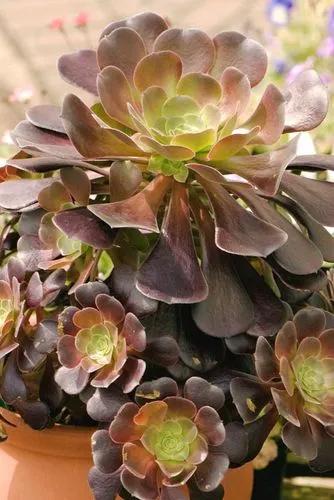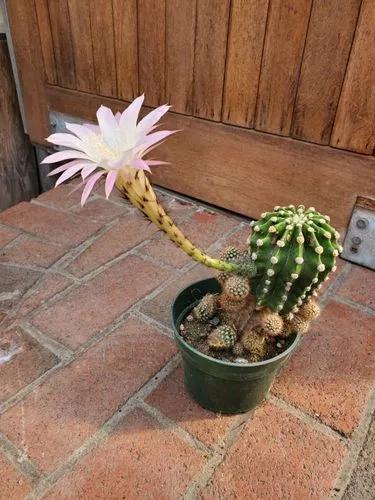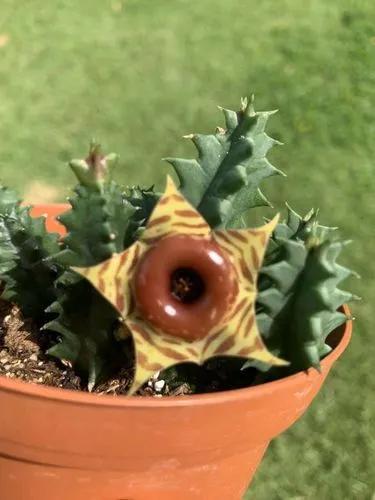Ming Thing' exhibits naturally occurring mutant growth, in the form of sculptural club-like shapes of blue-green columnar cactus from Bolivia and Argentina. Woolly areoles and short black spines appear on top of these many bizarre stems. This plant can tolerate somewhat lower lighting than most cacti. It grows slowly up to 1 foot. Grow in soil appropriate for cacti in clay pots with several drainage holes. Place outside during the summer in partial shade to filtered shade and bring inside before frost. Allow the soil to dry out between waterings.
Ming Thing Cactus Care
Cereus Forbesii Monstrose



How to Care for the Plant

Water

Cereus ‘Ming Thing’ can be quite beautiful when it is well-taken care of. This succulent type needs typical watering as the other succulents. The watering method is very important to keep your Ming Thing healthy.

Sunlight

Cereus ‘Ming Thing’ succulents need strong light. When planting this succulent type in a garden, make sure it gets sunlight. Full to partial sun is the best for its growth. It is better to grow outdoor rather than indoor.

Temperature

This type of succulent prefers a warm climate. It can survive at zone 9b-11b which is around -3.9°C (25°F). If you live in a cold area, it is better to plant Ming Thing in an indoor environment.

Popularity

132 people already have this plant 19 people have added this plant to their wishlists
Discover more plants with the list below
Popular articles






